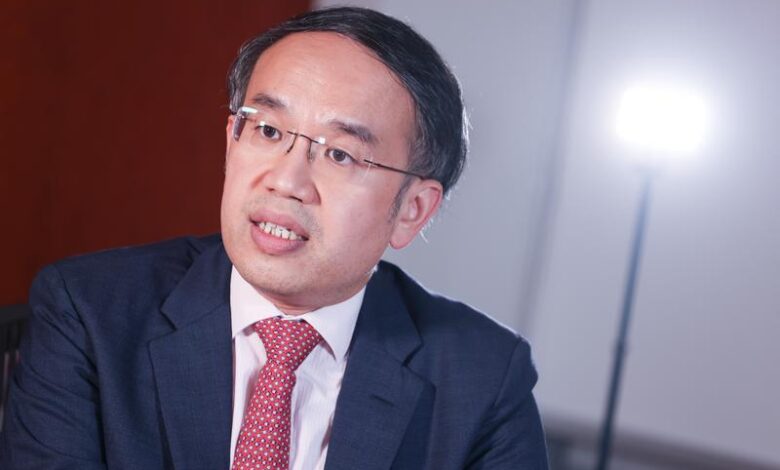Hong Kong Set to Regulate OTC Crypto Trading Platforms as Risks Mount

The Top financial official in Hong Kong has announced that the local government will soon release a consultation on a proposed regulatory framework for over-the-counter (OTC) crypto trading platforms due to increasing risks. Christopher Hui, the Secretary for Financial Services and the Treasury, in a blog post yesterday, expressed concerns about the accessibility of OTC venues to the general public, citing instances of fraud involving some unlicensed virtual asset trading platforms last year.
“In fact, OTC venues have played a certain role in some of the fraud cases involving some unlicensed VA trading platforms last year, having misled investors to channel funds to these unlicensed platforms,” Hui said. “Therefore, we believe that it is necessary to bring OTC venues under regulation, and we will launch a consultation very soon on the proposed regulatory framework.”
In June 2023, Hong Kong officially implemented a crypto licensing regime for virtual asset trading platforms, allowing licensed exchanges like HashKey and OSL to provide retail trading services. Hui reminded that the Securities and Futures Commission is gearing up for enforcement work as the deadline for license applications approaches, urging existing operators in Hong Kong to comply.
Furthermore, Hui mentioned that the Hong Kong Monetary Authority (HKMA) had outlined in a joint consultation paper with the Financial Services and the Treasury Bureau in December that stablecoin issuers must obtain a license if their stablecoin references the value of fiat currencies in Hong Kong. The two-month consultation period is set to conclude at the end of this month.
Hui shared that the HKMA intends to introduce a sandbox to explore stablecoin issuance in collaboration with key industry players in the region. Eddie Yue, the chief executive of the HKMA, emphasized in December that stablecoins could serve as a bridge between traditional finance and the virtual asset market. “In a scenario where stablecoins become one of the preferred payment options by the general public, we should reasonably expect further integration between the digital payment ecosystem and the real economy, and whether the stablecoin is indeed ‘stable’ will then become ever more important,” Yue added.





